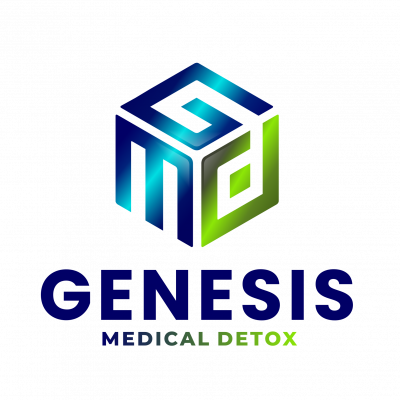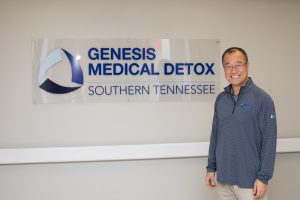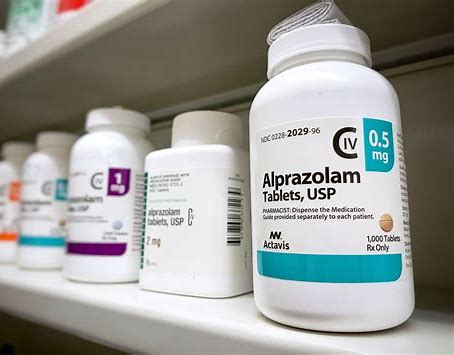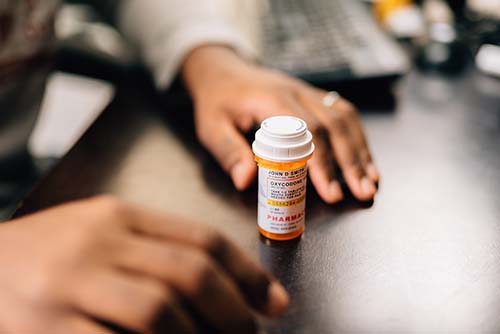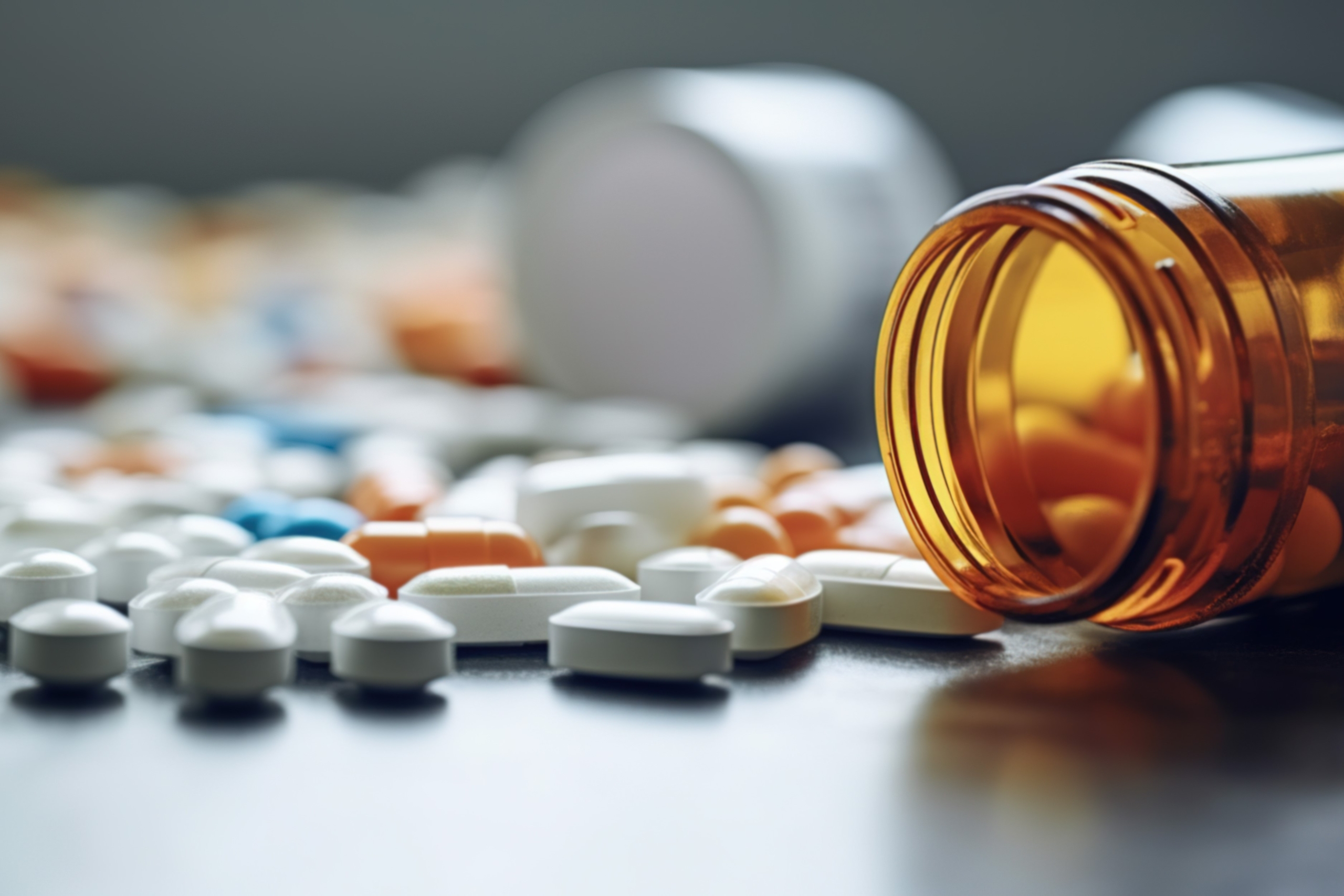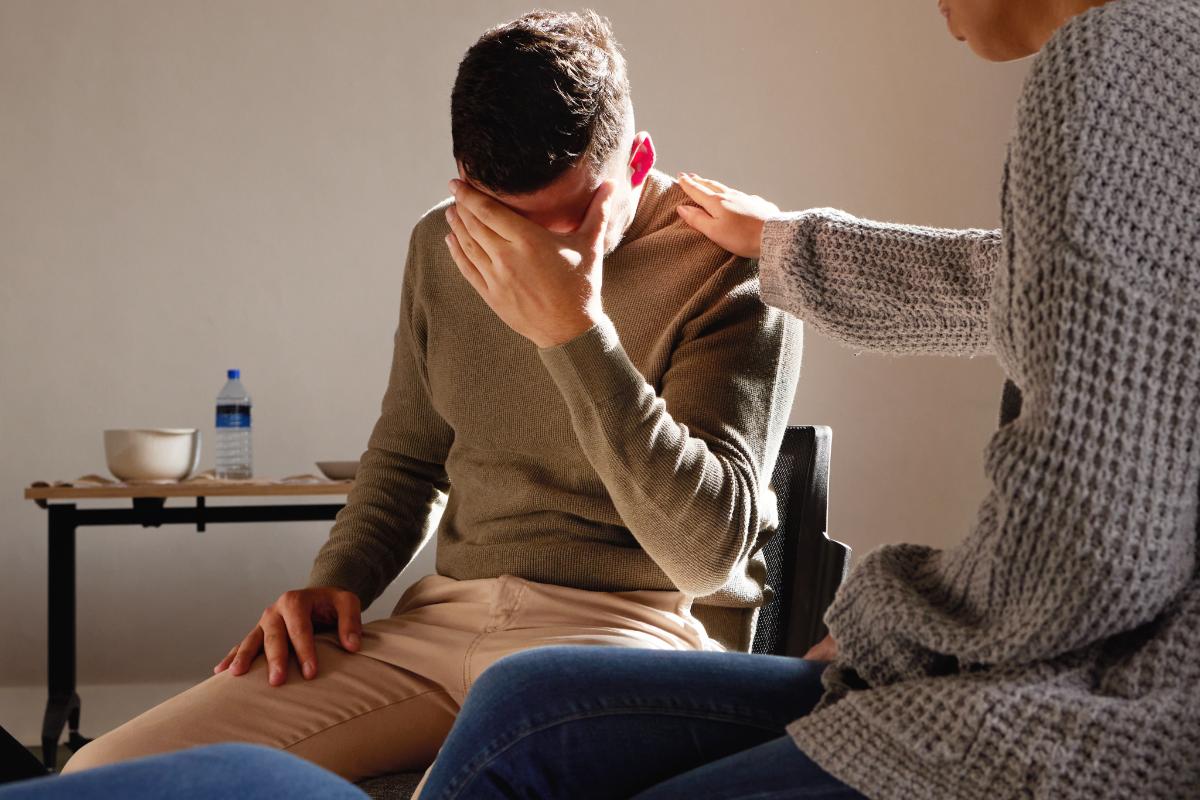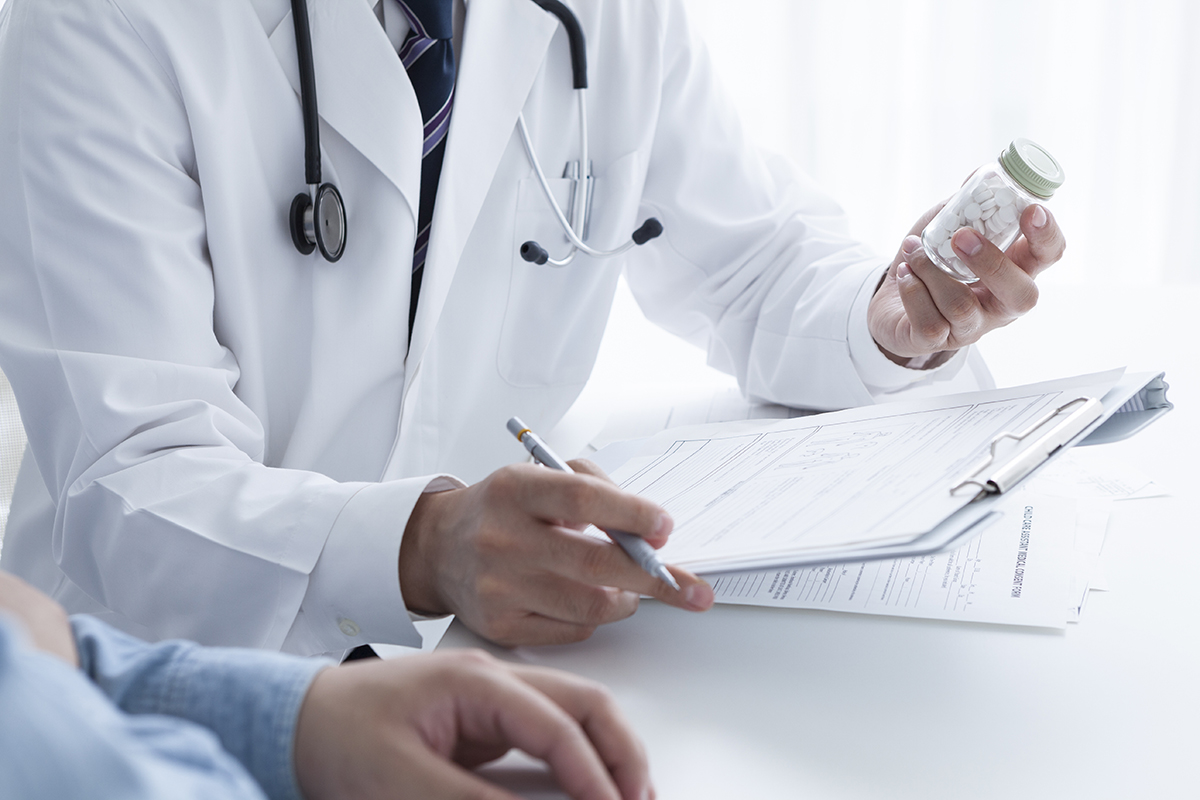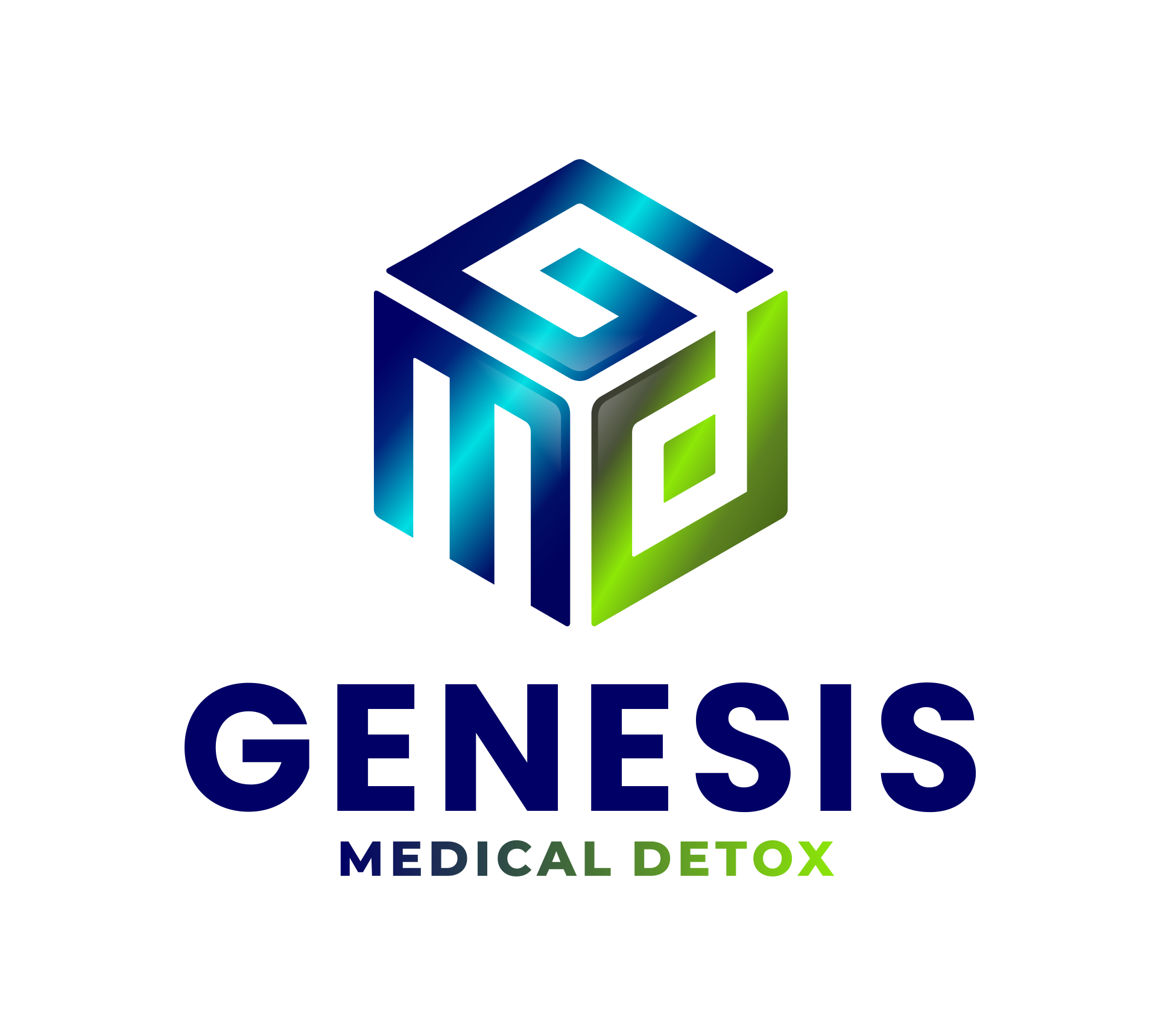Depression and addiction are both difficult to manage, especially when they are present at the same time. Fortunately, both illnesses can be treated. People with dual illnesses can feel more powerful and engaged in their healing process if they understand the risk factors, symptoms, and treatment options.
At Genesis Medical Detox, we understand both depression and addiction. Our treatment team is dedicated to helping you through your medical detox, as well as assisting with psychological issues, such as depression, that come up along the way.
Understanding Depression
There is no single cause of depression. However, its emergence is linked to a number of genetic, environmental, psychological, and biological risk factors. Adverse or traumatic childhood experiences, a family history of depression, chronic medical issues, or stressful life events are all risk factors.
It is critical to recognize that everyone experiences grief from time to time. Major depression, or clinical depression, on the other hand, is a diagnosable disorder characterized by a low or depressed mood for the majority of the day, virtually every day, for at least two weeks. Major depressive symptoms include the following:
A sense of hopelessness
Sadness and/or feelings of emptiness that persist
Angry and irritable feelings
Guilt or emotions of worthlessness and helplessness
Loss of interest in activities and interests they used to enjoy
Reduced energy
Hypersomnia or insomnia
Difficulties focusing and paying attention
Unrest and/or difficulty sitting still
Changes in appetite and/or weight are significant
Increased aches, pains, or soreness in the body without a specific medical explanation
Understanding Addiction
Substance addiction can begin with the use of a recreational drug in social contexts. For some people, that initial social use progresses in frequency. Others, especially opioid addicts, become addicted to drugs after being exposed to prescribed drugs or after receiving the drugs from a friend or relative with the prescription. Often, we may think that prescription medications can’t possibly cause addiction, but this is not true.
Depending on the drug, there are differences in the risk of addiction and the rate at which you become dependent. Opioid painkillers are among the medications that are more addictive and harmful than other medications.
You might need to take more of the drug to become euphoric as time goes on. You might soon need the medication merely to feel okay. You could find it harder and harder to stop using drugs as your drug use intensifies. Drug withdrawal symptoms might include strong cravings and physical sickness.
Addiction has various risk factors, some of which are described here.
Relatives with a history of substance abuse
Stress levels are really high
Inability to cope through healthy means
Poverty/financial difficulty
Aggressive behavior that has persisted since childhood
A lack of parental monitoring and engagement in childhood
Peer influence
Genetics
Depression and other mental health issues
There are instances in which family members do not realize right away that a loved one is addicted. This is due to a number of reasons. Some people with addiction are quite adept at hiding it, for one reason or another. If you do begin to notice a shift in moods, or one of these following signs, talk with your family member.
Using more of a chemical than is intended
Wishing to discontinue or minimize use but being unable to do so
Obsession with the drug – including gaining access to it and using it
Using despite negative repercussions such as work, school, or family issues
Recurrent disagreements with family members concerning substance abuse
Taking chances in order to attain it
Acting secretively
Using the drug in potentially hazardous settings
Withdrawal responses when not using
Depression After Addiction
Withdrawal from some substances and alcohol can cause symptoms that overlap with or resemble those seen in cases of depression.
Alcohol withdrawal symptoms such as agitation and anxiety can occur. Many people experience mood instability, insomnia, exhaustion, a loss of intimacy, and emotions of resentment and fury after a withdrawal phase.
Stimulant withdrawal symptoms include a gloomy mood and a loss of enjoyment that can linger for several weeks. When a person “crashes” as a result of stimulant intoxication, they may experience extreme weariness and intense desires.
Withdrawal from opioids, such as prescription pain relievers and heroin, can cause significant agitation, physical pain, and melancholy. For several weeks, opioid withdrawal can cause sleep difficulties, anxiety, and strong cravings.
The use and withdrawal from these popular substances may also exacerbate preexisting mental disease symptoms, which is why those suffering from addiction and depression should be assessed by an addiction professional for a full diagnosis and treatment.
How Can Genesis Medical Detox Help?
When addiction and depression take over, it’s time for professional help. It is not safe to go through detox on your own, no matter what the substance is. At Genesis, we offer medical detox in a professional setting with trained staff monitoring your situation 24/7.
Our detox programs cover alcohol, opioids, benzodiazepines, cocaine, heroin, and prescription drug addiction. The services are confidential. Our team is passionate about helping you see your way through the addiction to the life waiting for you on the other side.
We understand that the process of detoxification is unique to everyone and highly depends on many factors, including the type of drug and any mental health conditions that may exist. In order to assist you through medical detox, a well-rounded approach is needed. It is important to understand that detoxification is not easy, and it should not be done alone.
Medical detoxification meticulously monitors the body to determine which withdrawal symptoms require medication and other therapies. Those attempting to do this on their own do not have access to these resources. As a result, individuals either have a serious medical issue or revert to their drug or alcohol of choice, which may result in you feeling like a failure or giving up hope.
If someone you know is fighting addiction, contact our team today. There is no obligation. Simply let us explain the program and how it may benefit you. The first step is often the hardest. We’re here to help when you are ready.
